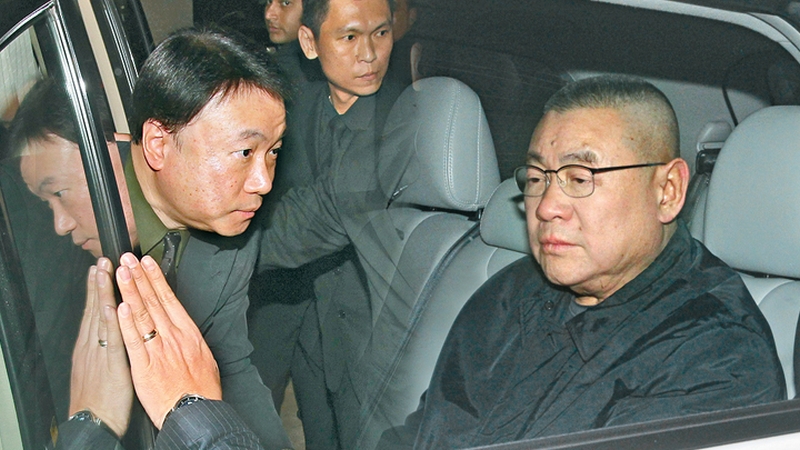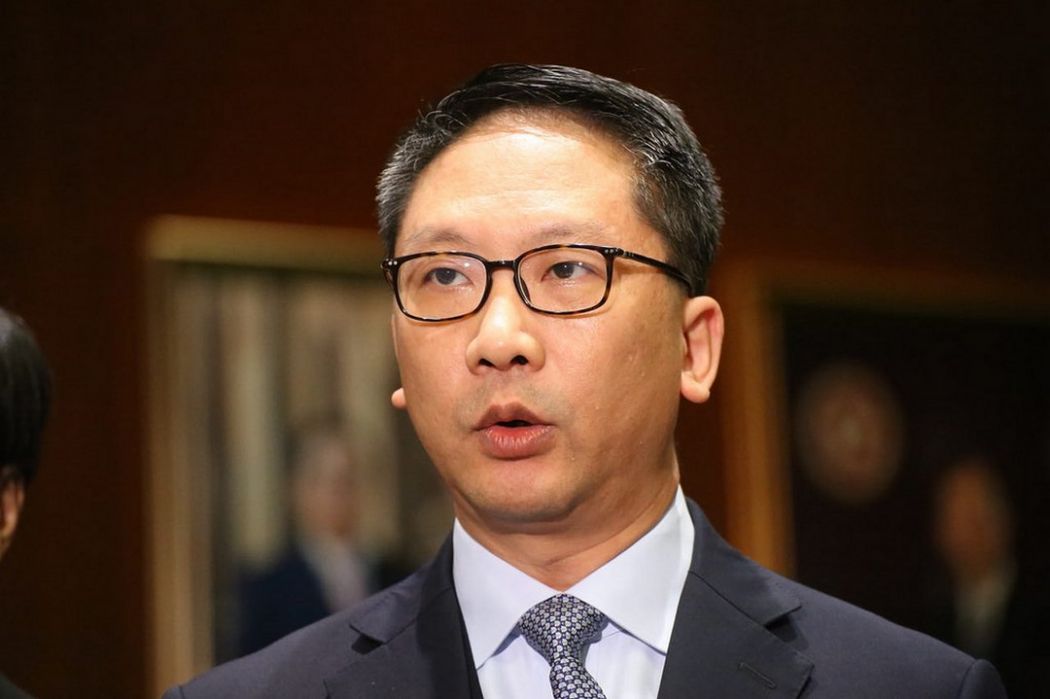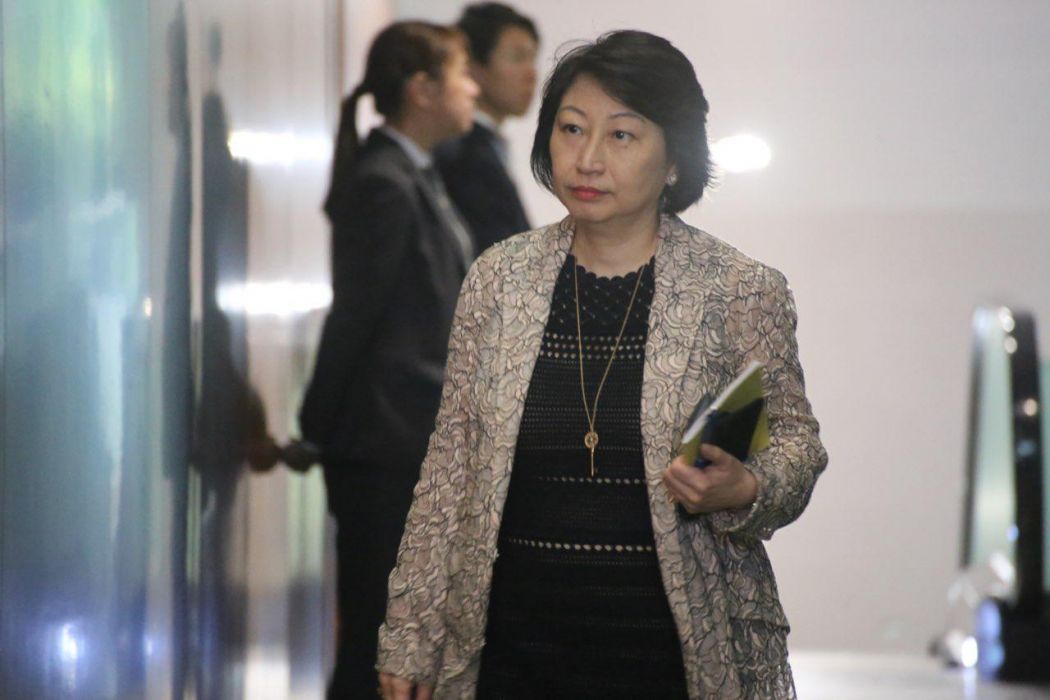By Grenville Cross SC
When the Hong Kong SAR comes of age on 1 July, it will be able to look back on 21 generally successful years. However, some of its obligations to Greater China have not been discharged, which is a serious let-down. Apart from the failure to enact national security legislation, the absence of legal co-operation arrangements with other Chinese jurisdictions has impaired law enforcement throughout the country.
The Basic Law provides Hong Kong with the necessary tools to achieve legal co-operation arrangements with the rest of China, as well as with foreign countries. Article 95 stipulates that Hong Kong can “maintain juridical relations with the judicial organs of other parts of the country, and they may render assistance to each other”, but this has not been invoked for law enforcement purposes. However, Article 96, which covers Hong Kong’s arrangements “with foreign states for reciprocal juridical assistance”, has been extensively deployed.

Since 1997, for example, agreements for the return of fugitive offenders have been concluded with Canada (1997), Germany (2009), and the Czech Republic (2015). The absence of progress within China itself beggars belief, and must be rectified. Although there are significant differences between China’s various legal systems, a start must be made somewhere, and Macau is the obvious starting point.
Given that Macau has no death penalty, and a maximum sentence of 30 years’ imprisonment, an agreement on fugitive offenders between the two places should be achievable, not least because it is clearly in the interests of both sides. Macau, in particular, must feel aggrieved at the lack of any progress. After all, some of its most notorious offenders have found refuge in Hong Kong.
In 2014, for example, Macau’s Court of First Instance convicted Chinese Estates Holdings then chairman, Joseph Lau Luen-hung, and his business partner, Steven Lo Kit-shing, of bribing the public works minister, Ao Man-lung, in an attempt to purchase La Scala, a prime development site on the Cotai Strip. When, however, the judge pronounced a sentence of 5 years 3 months’ imprisonment on each defendant, neither was in Macau, though they were not far away, in a safe haven.

Whereas, before 1997, it was possible for Hong Kong, under the Anglo-Portugese extradition treaty (1892), to return offenders to Macau for trial, this lapsed after reunification, and nothing replaced it. However, the Macau Basic Law’s Article 93 mirrors Hong Kong’s Article 95, and progress on legal co-operation is undoubtedly within the reach of both sides. After all, a transfer of sentenced persons arrangement was signed between the two places in 2005, and this precedent, which has mainly benefited Hong Kong citizens imprisoned in Macau, should now be capitalized upon.
In 2014, the former secretary for justice, Rimsky Yuen Kwok-keung, announced that negotiations with Macau over a fugitive offender transfer deal were at a “mature stage”, and were making “quite good progress”. By 2015, he said the experts were discussing “revising and refining” the terminology of the detailed provisions. The proposed deal, moreover, would also indicate “how past cases should be handled”, thus resolving the situation of fugitives, like Lau and Lo.
By 2016, however, the negotiations had hit the buffers. Although Yuen said there were “no big problems”, the prospects for a breakthrough were downplayed, with his spokesman saying “progress has been made but further discussions on the ‘broad principles’ and major principles’ are still necessary”. Macau’s secretary for justice and administration, Sonia Chan Hoi-fan, spoke more bluntly of “problems”, particularly involving “retroactivity”. These, however, should not be insuperable.

If fugitive offenders are wanted in either place because of earlier proceedings, there can be no valid objection to extending the rendition agreement to cover them, and it should not be confined to future cases. A decisive blow must be struck at offenders who use either Hong Kong or Macau to escape their just deserts, but there must be safeguards.
The double criminality rule, whereby someone can only be extradited if they have broken a law which exists in both places, will need to be respected. Someone accused, for example, of subversion or secession in Macau will not therefore be liable for rendition from Hong Kong, which does not currently have such laws. If an offence is minor, or if there has been delay, or if there are humanitarian concerns, or if someone has already been punished for the offence, or if a case is politically motivated, either party would be entitled to decline a rendition request.

The new secretary for justice, Teresa Cheng Yeuk-wah, must now seek to kickstart the process, and not simply accept earlier failures. For her part, Sonia Chan Hoi-fan will hopefully, after two more wasted years, welcome a fresh initiative from Cheng to recalibrate the negotiations. Deadlock is in neither side’s interest, and if progress can be made it could assist both places in their quest for rendition agreements with the mainland itself.
Crime remains a serious problem throughout China, and criminals will continue to benefit if cross-border measures to counter criminality remain elusive. Once the ice has been broken with Macau and lessons learned, the more daunting task of securing greater legal co-operation with the mainland can be tackled. But first things first.
Grenville Cross SC is the former director of public prosecutions of Hong Kong.
